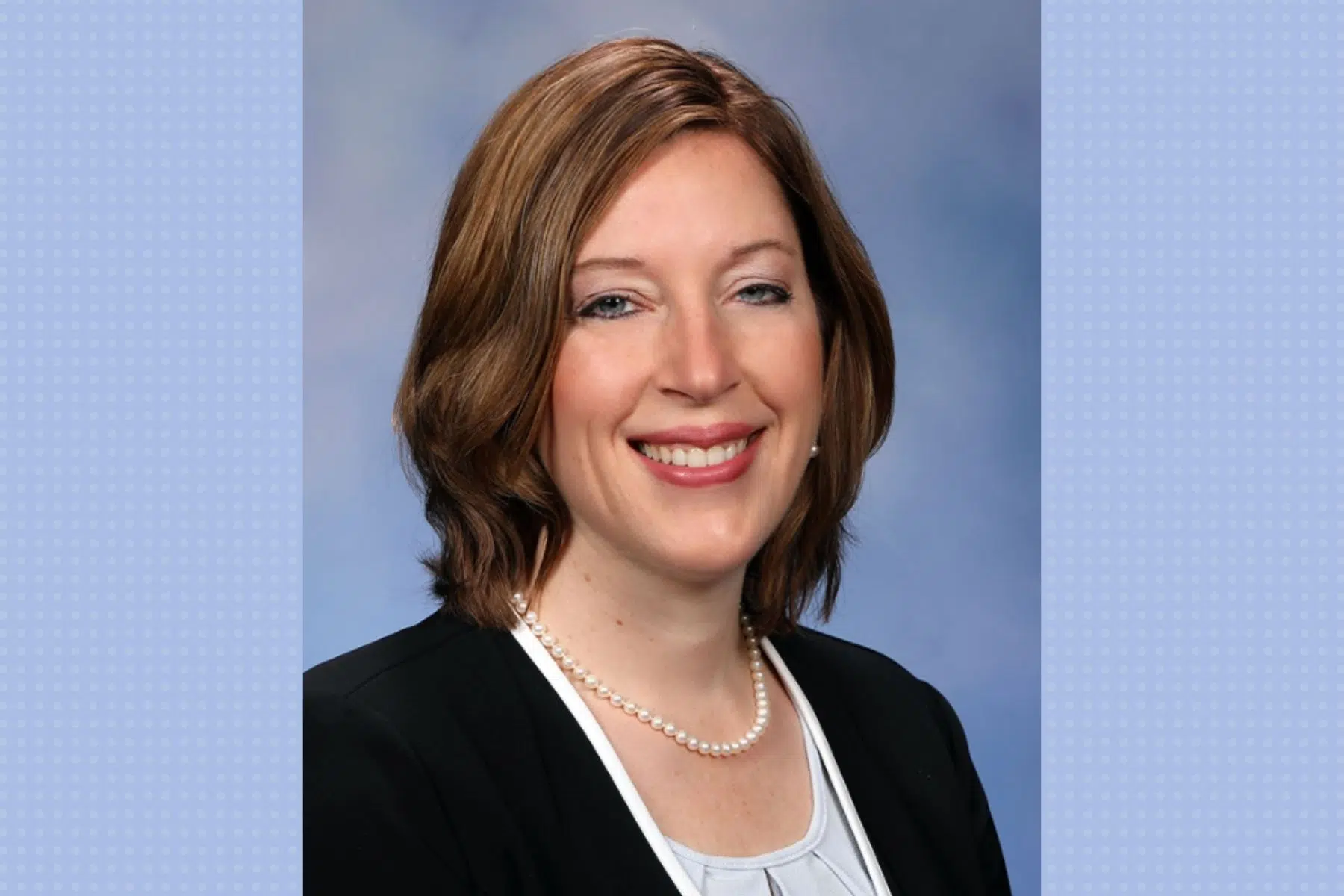LANSING, MI (WKZO AM/FM) – Wednesday, Senate Minority Leader Jim Ananich (D–Flint) and state Representative Julie M. Rogers (D–Kalamazoo) announced legislation to broaden the range of math classes that can count towards students’ graduation requirements.
The bills would allow two additional credits to be taken in courses other than Algebra II, including accounting, business math, trigonometry, precalculus, financial literacy, or approved curriculum in a CTE program.
Currently, Michigan students must complete Algebra I, Geometry, Algebra II and a math elective in their senior year in order to graduate. Ananich and Rogers say these math requirements are often excessive and onerous for students who do not intend to use advanced math in their careers, but would benefit from other math opportunities.
Algebra II will remain an option for students who wish to take it.
“Math literacy will always be a critical part of a complete high school education, but that doesn’t mean every kid needs to walk the same path to achieve success,” Sen. Ananich said. “Our goal with this legislation is to set students up to achieve their education goals and a fulfilling career. Whether you want to be a carpenter, a chemist, a nurse or a state legislator, we want you to start your career on the right foot with the tools you need.”
They add that education experts are increasingly advocating for alternative course options that better align with students’ interests, rather than requiring all high school students to take Algebra II.
These pathways are applicable to a wider variety of academic disciplines and college majors, more relevant to modern career paths, and increase access for a more diverse set of students.
“Allowing flexibility around the courses needed to fulfill graduation requirements will empower our students to pursue the options that make the most sense for their individualized success and professional goals,” Rep. Rogers said. “In our ever-evolving economy, financial literacy continues to be an area that needs to be uplifted. We can help ensure this need remains at the forefront by providing more options for students within the menu of mathematics courses.”
Senate Bill 318 and House Bill 4595, both of which have bipartisan support, have been introduced and referred to the Senate and House Committees on Education.





